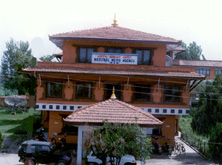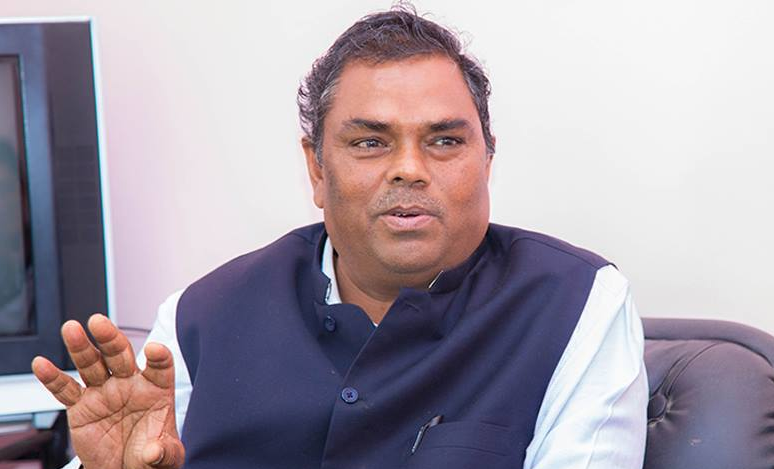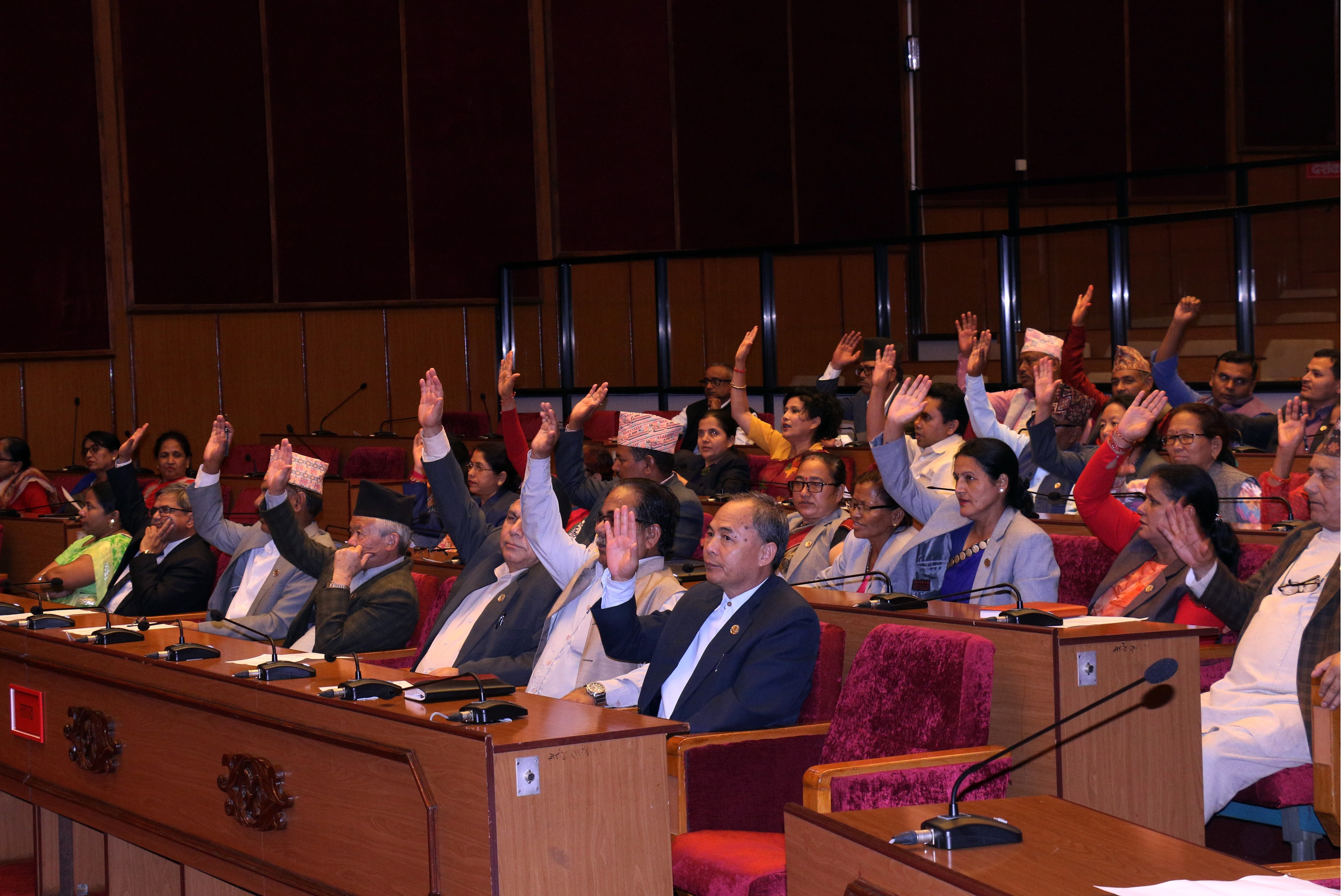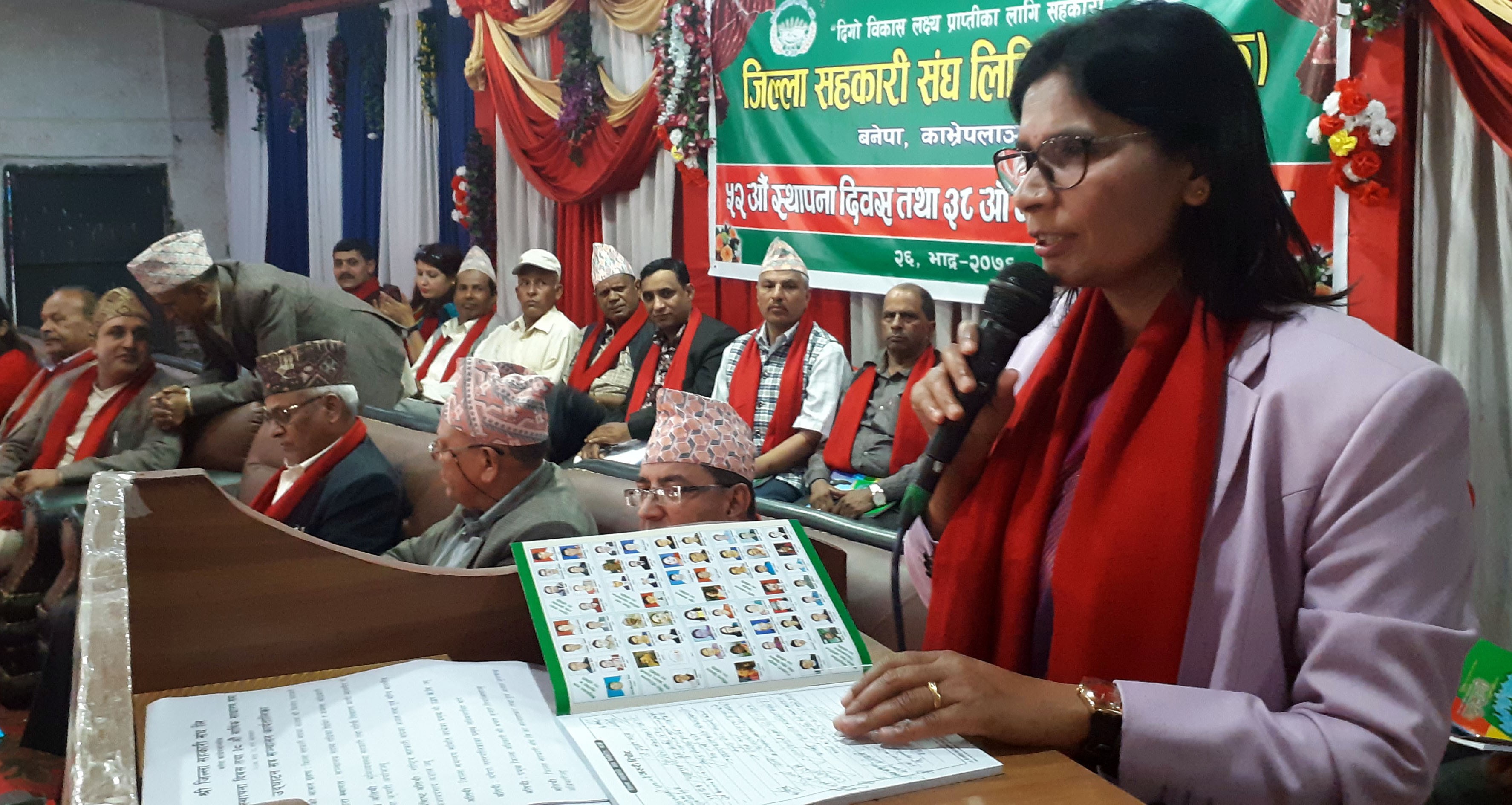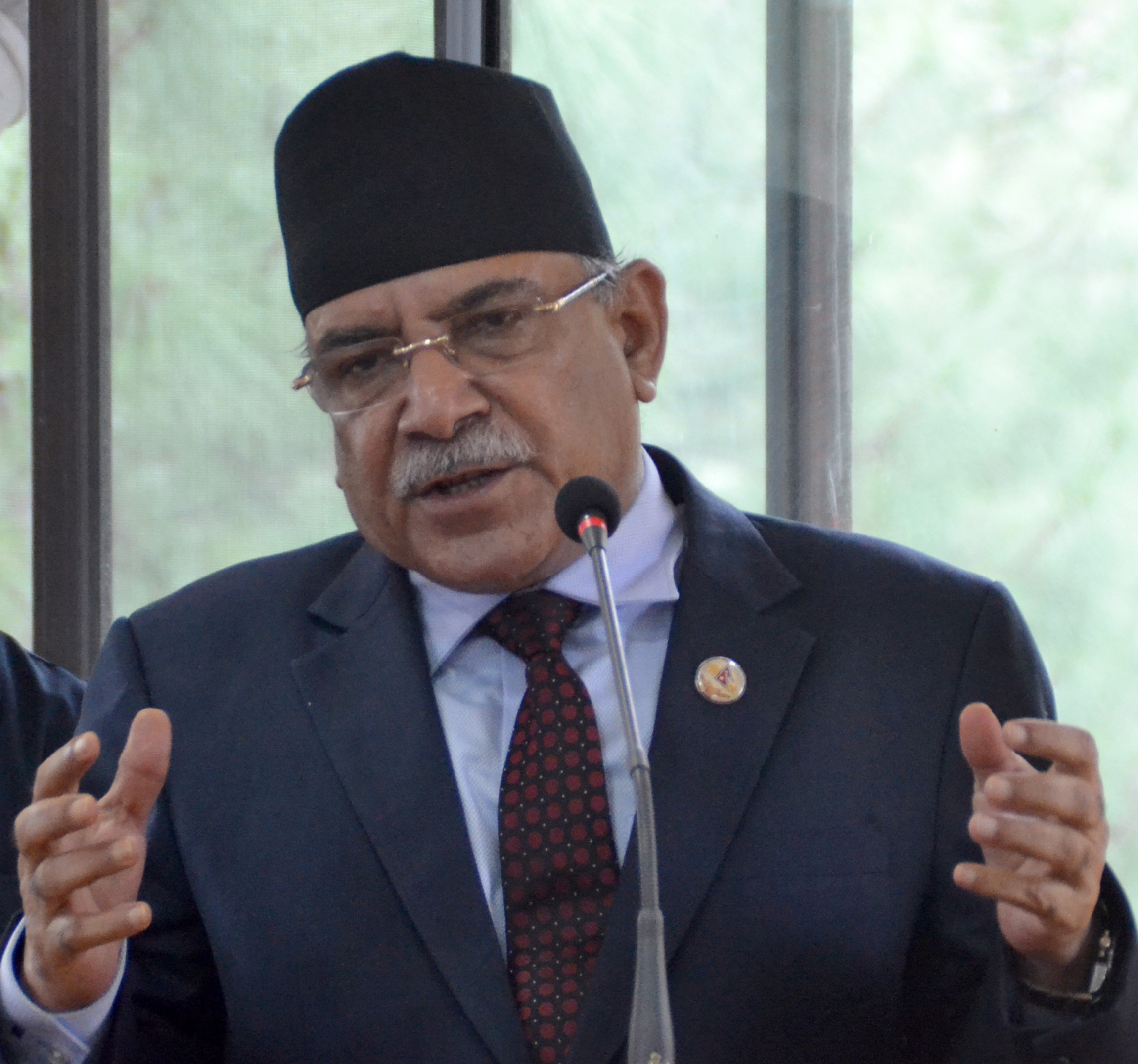Route management issue continues to cause inconvenience to passengers

Kathmandu, Feb 3: Around two years ago, the government announced the removal of a syndicate system in transport, and the move was expected to improve the Kathmandu Valley's transport system.
But to add to worries of the people affected by mismanagement of transport system, public vehicles' route management issue continues to persist, forcing passengers to endure discomforts during the travel.
As the issue is yet to be sorted out, some routes have more public vehicles than required while some others have a limited number of vehicles insufficient to cope with the increased flow of passengers.
Until mid-May, 2018, transport entrepreneurs committees would issue route permits for public vehicles, and with the government decision to end the syndicate system, route permit is being granted by transport management offices. As the government is yet to fix routes, route permit is being given on the basis of demand, causing imbalanced transportation service.
According to Department of Transport Management Director General Gogan Bahadur Hamal, the route management issue is under discussions and it is taking time as it is a completed issue.
The route management issue includes the determination of the number and capacities of vehicles for defined routes.
The size of the population of any area and the road condition including width of roadways are concerned matters for the management issue. Route permit system will be applied for rural public transport service as well and it will be for just the convenience of passengers.
"We hope everything will be okay once its work procedure will be developed," Hamal said.
The government will be forming the Transport Authority to manage the Kathmandu Valley's transport system for five years. The fixation of routes will be carried out before the formation of the Authority, it is said. A ministerial level committee constituted by the Ministry of Physical Infrastructure and Transport Management to give recommendations for the route management had submitted its report last year. The committee has recommended three sorts of routes: primary, auxiliary and rural.
Recent News

Do not make expressions casting dout on election: EC
14 Apr, 2022
CM Bhatta says may New Year 2079 BS inspire positive thinking
14 Apr, 2022
Three new cases, 44 recoveries in 24 hours
14 Apr, 2022
689 climbers of 84 teams so far acquire permits for climbing various peaks this spring season
14 Apr, 2022
How the rising cost of living crisis is impacting Nepal
14 Apr, 2022
US military confirms an interstellar meteor collided with Earth
14 Apr, 2022
Valneva Covid vaccine approved for use in UK
14 Apr, 2022
Chair Prachanda highlights need of unity among Maoist, Communist forces
14 Apr, 2022
Ranbir Kapoor and Alia Bhatt: Bollywood toasts star couple on wedding
14 Apr, 2022
President Bhandari confers decorations (Photo Feature)
14 Apr, 2022
